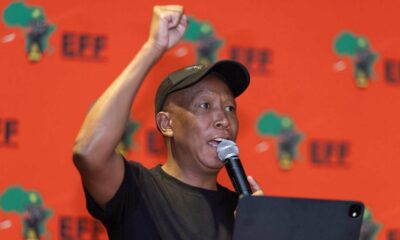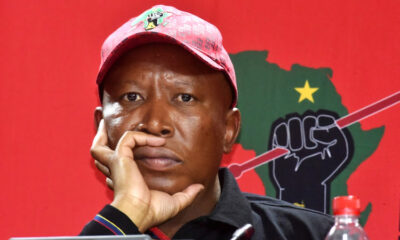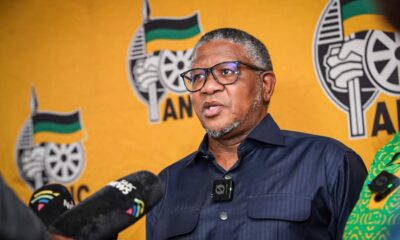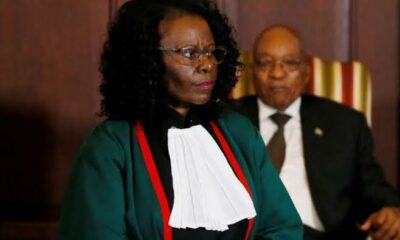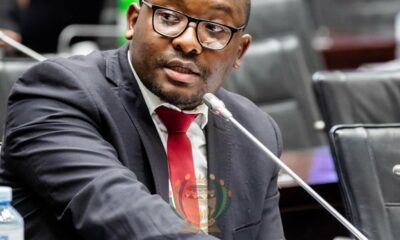411
Why South Africa’s Education Minister Isn’t a Teacher and Why That Matters
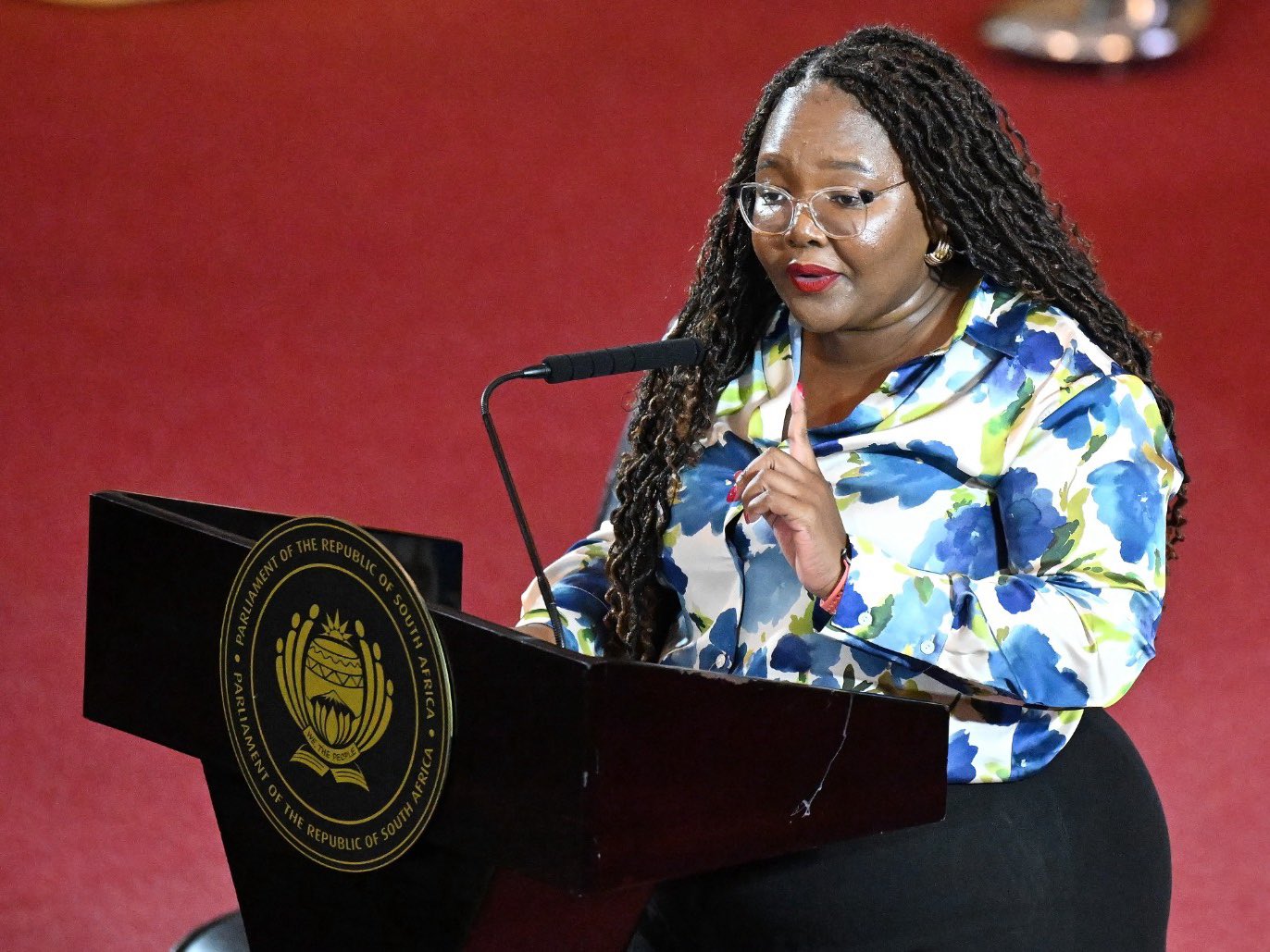
In a country where education is both a promise and a battleground, it’s a little ironic — or perhaps telling — that South Africa’s new Basic Education Minister, Siviwe Gwarube, has never stepped in front of a classroom as a teacher.
It’s not that the Cabinet lacks educators. In fact, four current ministers have deep roots in the education system. From former teachers to long-serving principals, many of South Africa’s leaders know the classroom intimately. Just not the one who’s been handed the job of fixing it.
And that’s what has raised eyebrows.
Gwarube’s Rise and Her Early Win
Siviwe Gwarube’s background is in law, politics, and philosophy — not pedagogy or curriculum development. She graduated from Rhodes University and climbed the ranks of the Democratic Alliance with a reputation for quick thinking and clear communication. She’s articulate, driven, and politically savvy.
And to be fair, she’s already got a win under her belt.
In her first few months on the job, South Africa celebrated a historic achievement: an 87.3% matric pass rate for the class of 2024 — the highest on record. On the surface, it’s a cause for celebration.
But dig a little deeper, and the numbers tell a more sobering story.
The “Real” Pass Rate Isn’t So Pretty
Every year, South Africa releases its National Senior Certificate (NSC) results — and every year, the public asks the same question: what about the kids who never made it to matric?
In 2013, over 1.2 million learners started Grade 1. By the time the 2024 results rolled around, only about half — just over 614,000 — had passed matric. That means the real pass rate is closer to 50%, not the impressive 87% making headlines.
And that’s not something you fix overnight.
Education’s Long List of Challenges
Minister Gwarube may not be a former teacher, but she’s inherited a sector weighed down by complex problems. South African classrooms face a dire shortage of qualified educators, especially in rural areas. Infrastructure remains a crisis — pit latrines are still common in some schools, despite years of promises to eradicate them.
There’s also the human cost of dropout rates, with thousands of learners leaving school before matric, often because of poverty, safety concerns, or failing early support systems.
A Role Once Held by a Classroom Veteran
Her predecessor, Angie Motshekga, wasn’t just a politician. She was a seasoned educator who started teaching in the 1980s and later lectured at the Soweto College of Education and WITS. She held the education portfolio for 15 years before moving to Defence and Military Veterans — and her legacy is complicated, but undeniably grounded in experience.
Several of her colleagues also wore the chalk-stained sleeves of teaching before moving into politics.
-
Senzo Mchunu, now Police Minister, once taught in KwaZulu-Natal.
-
Pemmy Majodina, the new Water and Sanitation Minister, began her journey as a teacher before entering Parliament.
-
Velenkosini Hlabisa, the IFP leader and COGTA Minister, was a high school principal for two decades.
In a different time, any one of them might have been a natural fit for the education role. So why not now?
Does It Matter That Gwarube Isn’t a Teacher?
That’s the question sitting quietly at the back of the class.
Some argue that being a teacher isn’t a prerequisite for managing the country’s education system. Leadership, vision, and the ability to build and manage strong teams can go a long way. Others believe that without firsthand classroom experience, there’s a risk of missing the nuances that define teaching in South Africa — the daily reality of overburdened staff, under-resourced schools, and a curriculum that doesn’t always speak to learners’ lives.
Gwarube, however, doesn’t walk into the role empty-handed. Raised by a grandmother who was a teacher, she’s no stranger to the value of education. And maybe, just maybe, her outsider perspective can shake up a system that desperately needs reform.
What Comes Next?
Fixing education in South Africa isn’t just about hitting numbers. It’s about restoring trust in the system, supporting teachers, upgrading infrastructure, and making sure every child — from the township to the farm to the city — gets a fair shot.
Whether Gwarube can rise to the challenge remains to be seen.
But she’ll need all the support she can get. From Parliament, from teachers, and from the millions of families who rely on the public school system to deliver something better than the status quo.
Your Voice Matters
South Africa’s education crisis won’t be solved by one minister alone. If you’re a parent, a teacher, a learner, or simply a citizen who cares, your voice can shape the future of our schools. Speak up. Stay informed. And hold leaders accountable — teacher or not.
Let’s build an education system that works for everyone.
{Source: BusinessTech}
Follow Joburg ETC on Facebook, Twitter , TikTok and Instagram
For more News in Johannesburg, visit joburgetc.com

